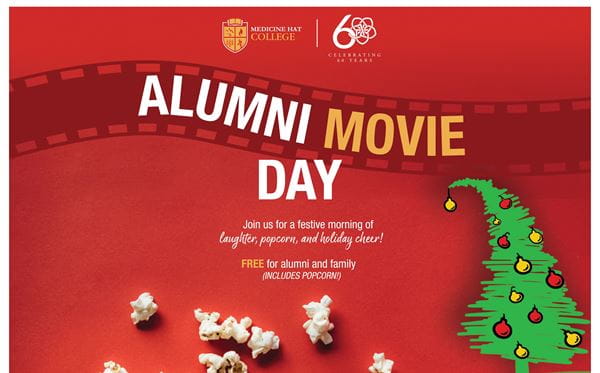
MHC students tackle real-world marketing challenges
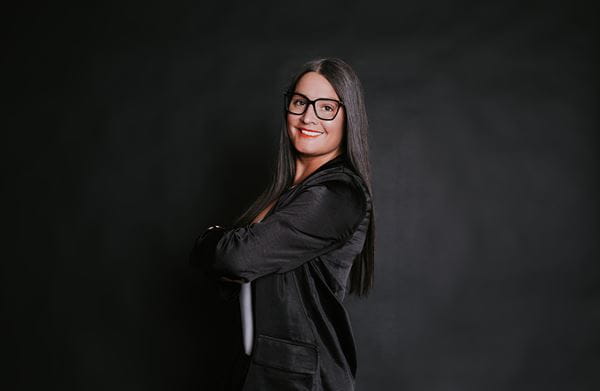
Sarah MacKenzie reappointed as chair of Medicine Hat College Board of Governors
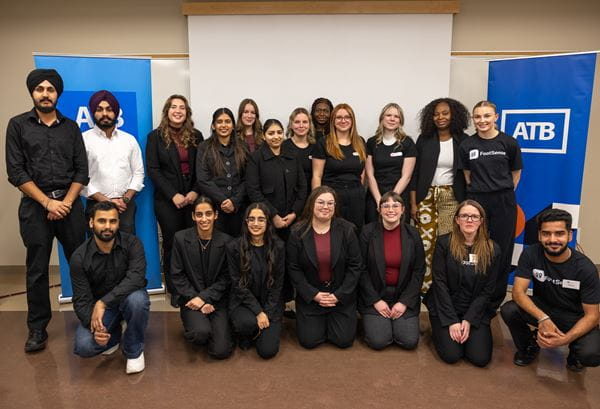
MHC students pitch new ideas and earn money to start business
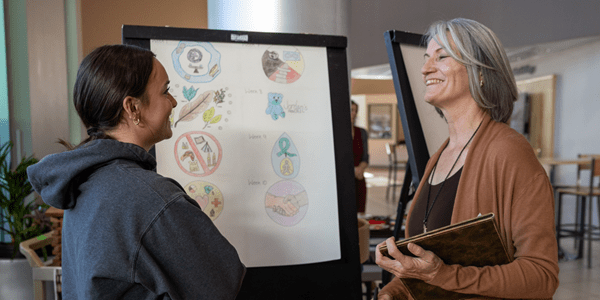
Nursing students use creative projects to explore Indigenous culture and Canadian history
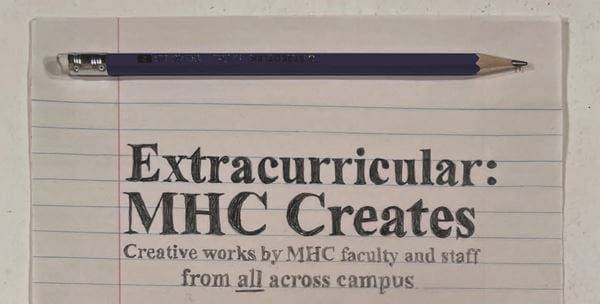
Extracurricular creative practice on display at MHC
Campus Calendar See MHC's calendar of important dates and events happening on campus
Contact:
To book a media interview, please email
media@mhc.ab.ca


